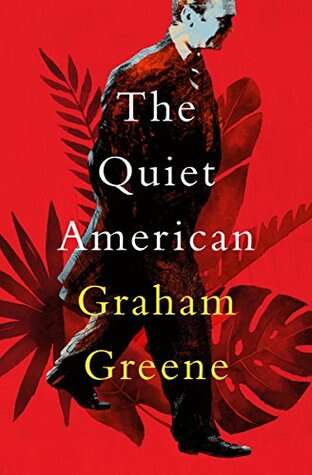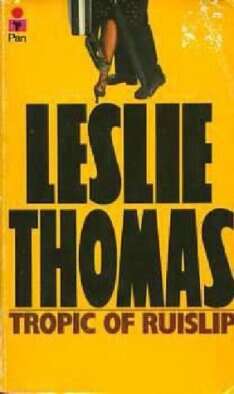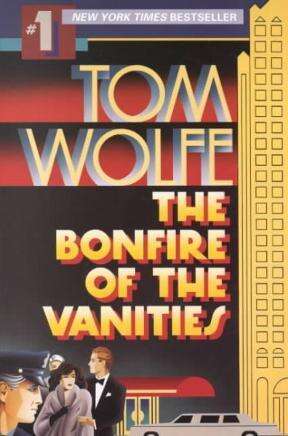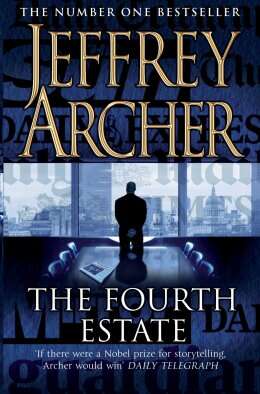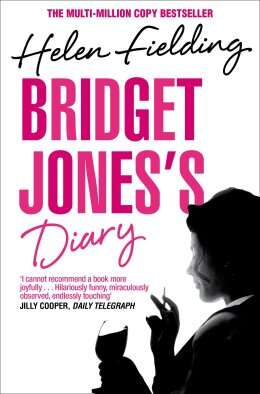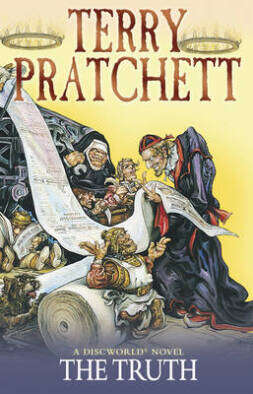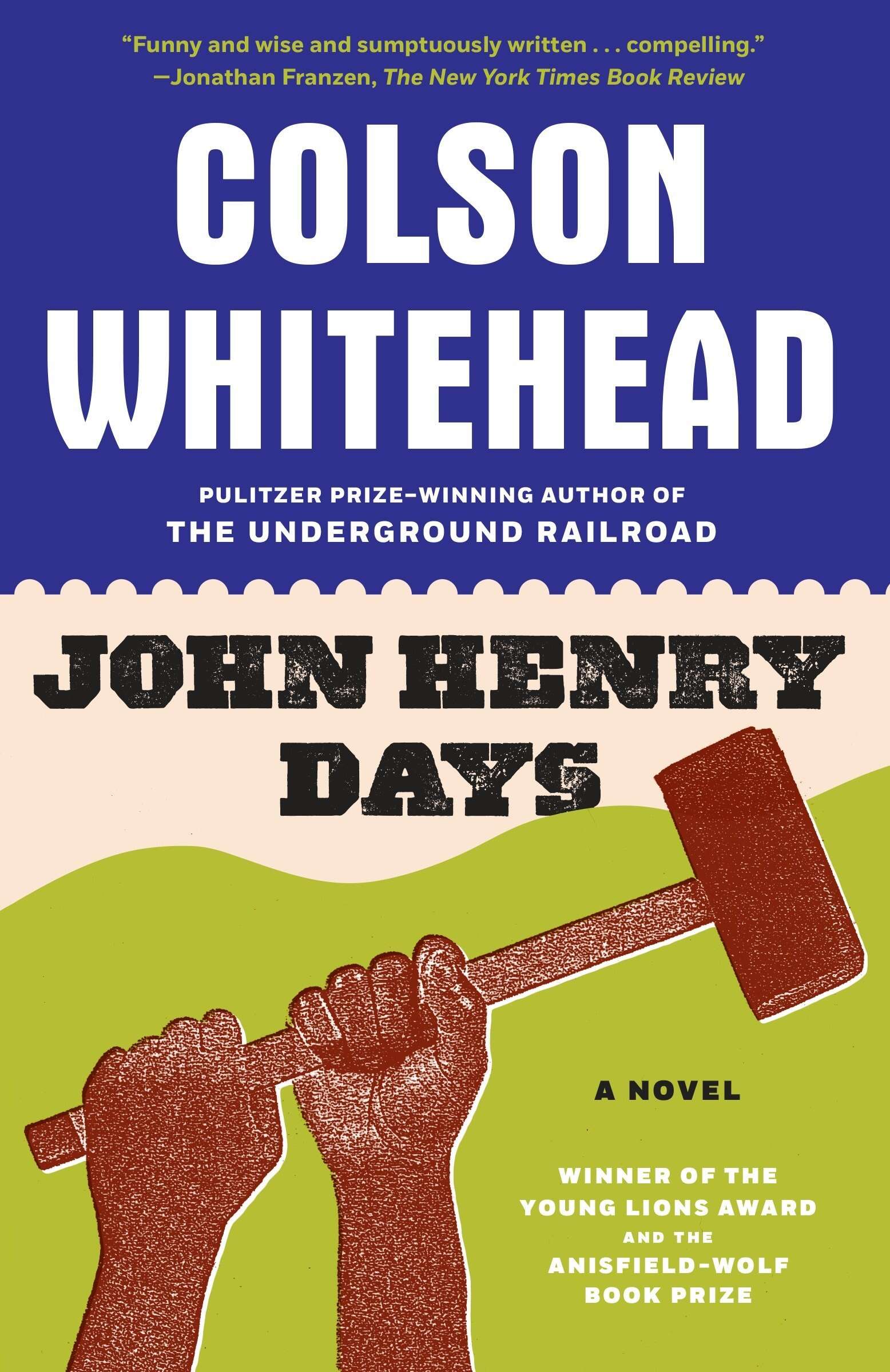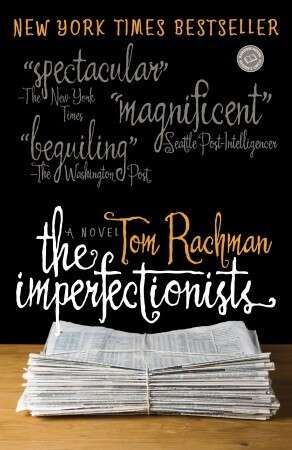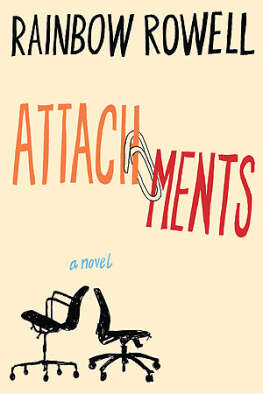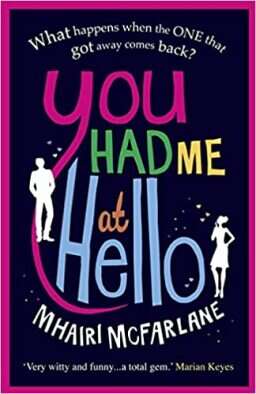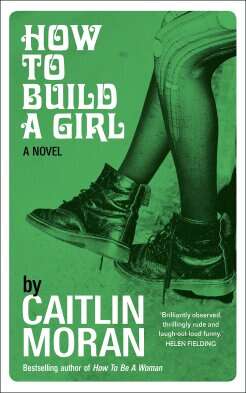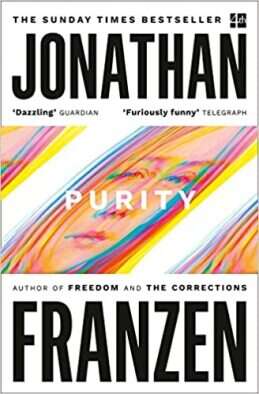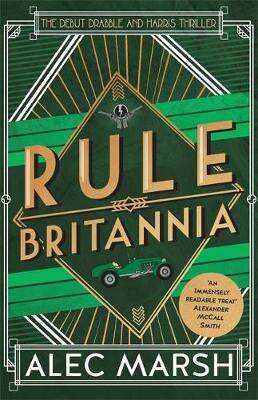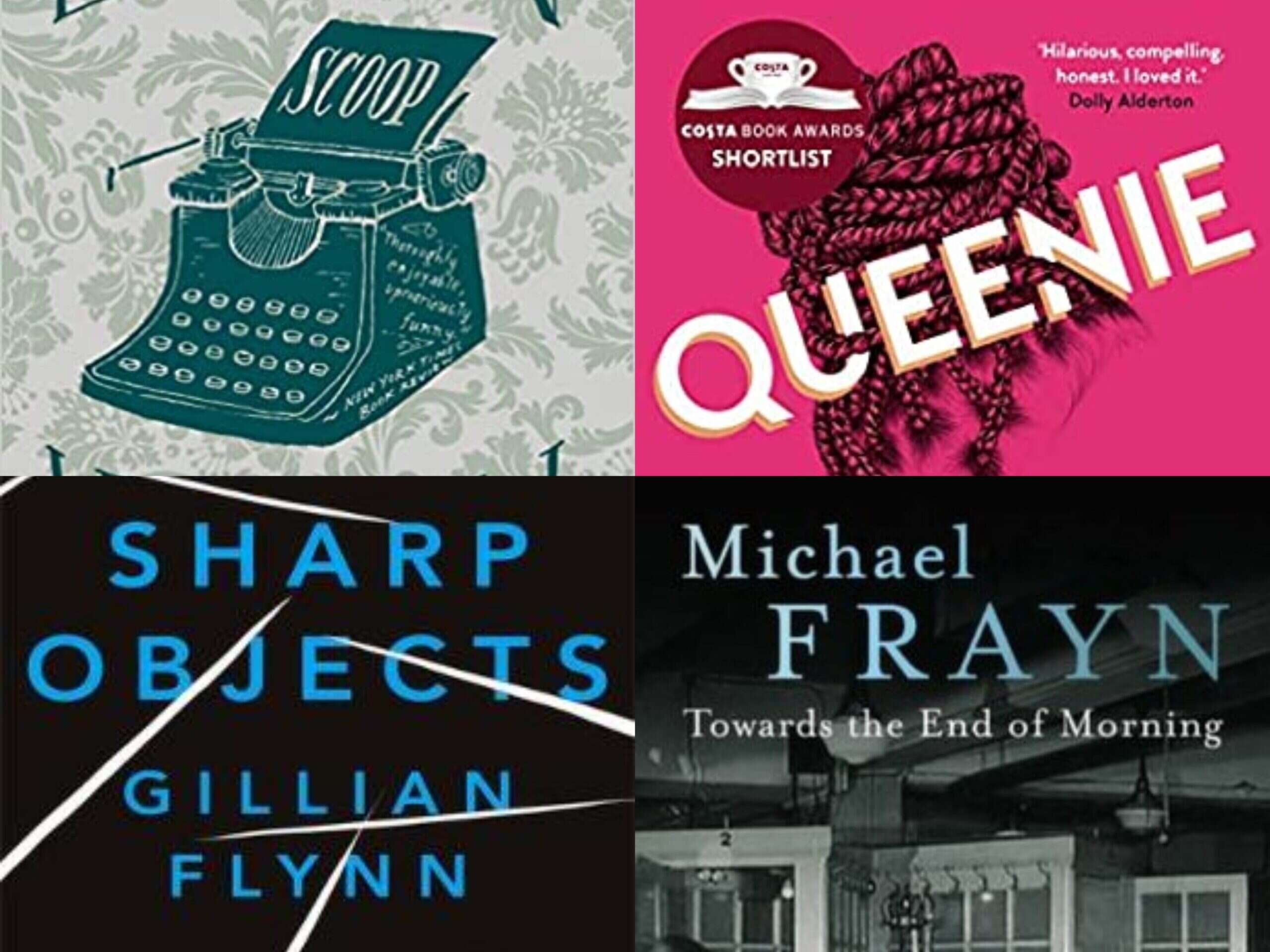
Looking for some journalism-inspired escapism over the festive period? Or some fictional inspiration for work in 2022?
Press Gazette has you covered with our updated list of the 22 best novels featuring journalists.
The books below span cherished classics to brand new titles, established authors to debut writers, and lots more in between.
Please let us know in the comments below if we should add any other novels to our list.
Top five novels featuring journalists
Scoop by Evelyn Waugh
Waugh’s 1938 is always the first journalist novel to be mentioned in this type of list, and for good reason. It’s so iconic among writer types that its fictional Fleet Street newspaper The Daily Beast has since lent its name to the US online news source.
William Boot’s abrupt journey from writing a countryside column to being sent to cover a war, is an excellent satire of the newspaper industry that still stands up 82 years later.
Towards the End of the Morning by Michael Frayn
Another satirical novel full of humour centred on Fleet Street journalists, this time focusing on crossword editor John Dyson. Frayn began his career on the Guardian and Observer before turning to playwriting and novels, this one published in 1967.
In 2016 Waterstones listed Towards the End of the Morning as a “rediscovered classic” that “still drips with relevance”. This certainly feels fair – for all the changes brought by the digital revolution, many of the petty concerns in our newsrooms have stayed much the same.
Queenie by Candice Carty-Williams
A much newer entry to the list, and one that’s less focused solely on newsroom life. This winner of the British Book of the Year centres on a culture journalist who’s letting her work slip as her personal life spirals out of control.
One of the antagonists turns out to be a sports journalist causing trouble from another floor and there’s even an intern whose editor dad probably got him the job. Queenie’s picture editor best friend is a source of calm in the storm.
The Rum Diary by Hunter S Thompson
This book is back in the news because its film adaptation was the reason Johnny Depp and Amber Heard met, and now they’re facing off in the High Court because of accusations made of domestic abuse in The Sun.
The story follows US journalist Paul Kemp who takes a job at The Daily News in San Juan, Puerto Rico, and gets caught up in all kinds of craziness amid the paper’s staff. It’s inspired by Thompson’s own failed attempt to work at the San Juan Star and real friendships with many of its writers.
This is Thompson, who has been described as the “first journalistic rock star” at his semi-autobiographical, pre-gonzo journalism best.
Sharp Objects by Gillian Flynn
Recently adapted into a gritty HBO series starring Amy Adams, Flynn’s debut novel (published before her better-known Gone Girl) sees troubled reporter Camille Preaker sent back to her hometown, where she has many unhappy memories, to cover the murders of two teenage girls.
It’s dark, intense, and certainly not as much of an accurate reflection on newsroom life as some of the other titles listed above, but it’s a gripping read filled with twists and turns and the usual cast of characters who are deeply mistrustful of a journalist coming to town.
Pre-2000 picks
The Quiet American by Graham Greene (1955)
A veteran British reporter in Vietnam likes to get on with his job objectively and stay detached from what’s going on around him, but is forced into action after coming into contact with a young American who proves a threat to the country and his lover.
Tropic of Ruislip by Leslie Thomas (1974)
Protagonist Andrew Maiby works on a local newspaper in a London suburb full of quirky goings-on as the book explores the hopes and failed dreams of the residents.
The Bonfire of the Vanities by Tom Wolfe (1987)
Tabloid journalist Peter Fallow, later played on film by Bruce Willis, helps expose what happened when a Wall Street trader’s car hit a young black man, with his coverage leading first to protests and later to the Pulitzer Prize.
The Fourth Estate by Jeffrey Archer (1996)
Two media barons compete to own the world’s biggest newspaper empire. A good next read for anyone who’s enjoyed the BBC’s recent documentary on the influence of Rupert Murdoch and his plans to hand down his business.
Bridget Jones’s Diary by Helen Fielding (1996)
After starting life in Fielding’s Independent column, references to the unlucky-in-love and chaotic journalist Jones are now fully part of the cultural zeitgeist – and for good reason.
Post-2000 picks
The Truth by Terry Pratchett (2000)
Yes, it’s set in Pratchett’s fantasy Discworld and so less true to life than many on this list, but in many ways it very accurately reflects the trials of the news industry.
Former Bucks Free Press journalist Pratchett created William de Worde, who ends up as Discworld’s first newspaper editor and has to deal with all the nonsense that comes with it.
John Henry Days by Colson Whitehead (2001)
Freelance journalist and “accomplished expense account abuser” J Sutter travels from New York to West Virginia to cover a festival celebrating a black folk hero alongside other freelances deemed to have a “more-or-less stable ratio of coverage to freeloading”.
The Girl With The Dragon Tattoo by Stieg Larsson (2005)
The first of Stieg Larsson’s Millennium trilogy, The Girl With The Dragon Tattoo was published a year after the death of its author. One of the novel’s central characters is Mikael Blomkvist, a disgraced journalist who is commissioned to investigate the disappearance of a tycoon’s great-niece.
The Imperfectionists by Tom Rachman (2010)
Set in Rome, an English-language newspaper struggles to stay afloat as its team of editors concentrate on their turbulent private lives.
Attachments by Rainbow Rowell (2011)
Written in a colloquial email style, two female newsroom employees have their communications monitored by an internet security officer charged by the company with keeping an eye on what everyone’s up to online.
You Had Me At Hello by Mhairi McFarlane (2012)
McFarlane used her experience as a local journalist in Nottingham to create a protagonist who is a local court reporter in Manchester to provide your romantic fix.
How to Build a Girl by Caitlin Moran (2014)
Inspired by Times columnist Moran’s own early career, the book follows Johanna Morrigan’s journey from a Wolverhampton estate to chaotically breaking into music journalism. It’s also just been made into a film.
Purity by Jonathan Franzen (2015)
The fictional online Denver Independent is the scene of some of the action, as a complicated relationship between editor Tom Aberant, intern Pip Tyler and investigative journalist Leila Helou emerges.
Little Fires Everywhere by Celeste Ng (2017)
Little Fires Everywhere is a popular family drama novel that has been turned into a TV series. One of the story’s main characters is Elena Richardson, an Ohian local newspaper journalist who uses her contacts to investigate the past of her tenant/cleaner/mothering rival Mia Warren.
Rule Britannia by Alec Marsh (2019)
Set in 1936, Cambridge historian Ernest Drabble travels to Cornwall to examine the decapitated head of Oliver Cromwell and tells only one person, Harris, his old school friend and a journalist. Harris ends up kidnapped and being pressured for information.
Small Pleasures by Clare Chambers (2020)
Local newspaper features writer Jean Swinney gets sent on a story that none of the old-school print men in her office deem worth their time: a woman who claims that her daughter was conceived through immaculate conception.
Swinney’s increasing obsession with the story is understandable, given the mundanity of her life before this lead came along. Every scene in the newsroom is an absolute treat and her editor is a true gent.
The Whistleblower by Robert Peston (2021)
A thriller set around the 1997 general election, The Whistleblower’s main character is Gil Peck, the scoop-hungry political editor of the Financial Chronicle. When Peck’s sister dies, the troubled journalist chooses to investigate.
The book, while fictional, provides a fascinating glimpse behind the scenes of Fleet Street and Westminster in the late 1990s (when Peston was political editor of the Financial Times). For more, read our recent interview with Peston.
Email pged@pressgazette.co.uk to point out mistakes, provide story tips or send in a letter for publication on our "Letters Page" blog

